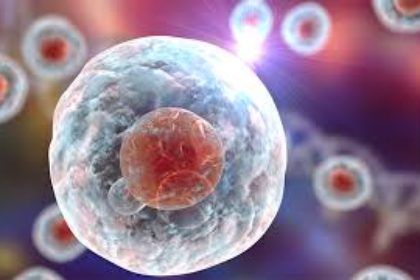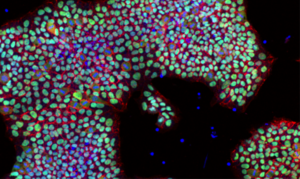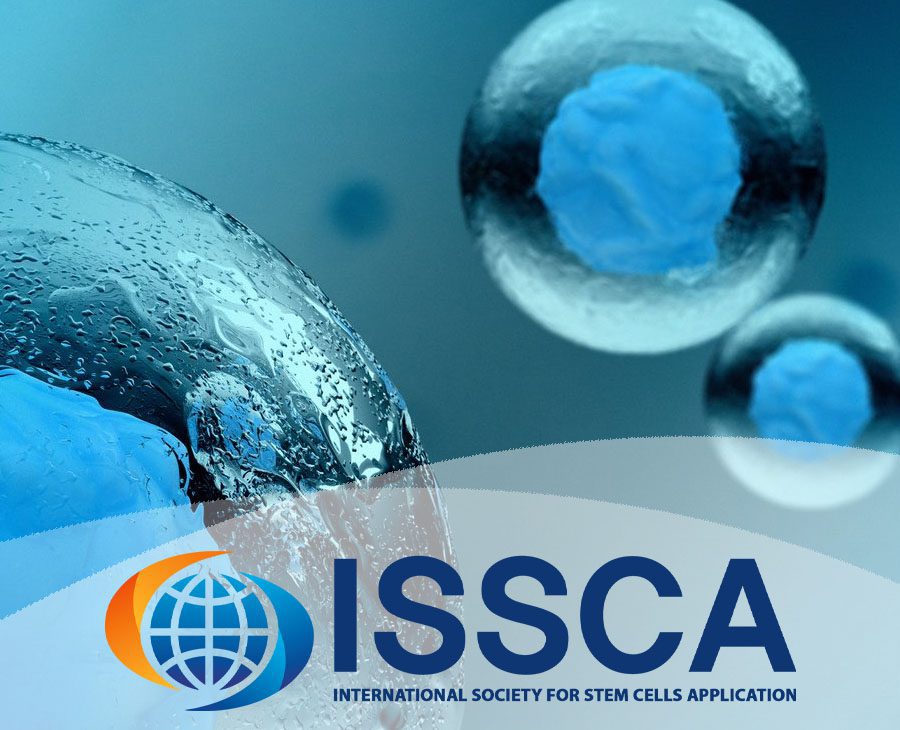
SATURDAY, 01 OCTOBER 2016 / PUBLISHED IN BLOG
Scientists from the U.K. and Sweden have achieved a significant breakthrough in creating human stem cells that addresses the challenge of large-scale production, unlocking the full potential of stem cells for disease understanding and treatment.
Understanding Human Pluripotent Stem Cells
Human pluripotent stem cells, capable of developing into any type of cell in the body, hold immense promise in disease modeling, drug screening, regenerative medicine, and tissue engineering. The demand for these cells is rapidly increasing in clinical and pharmaceutical settings.

Challenges in Stem Cell Production
Despite their potential, producing stem cells at the necessary scale for research and healthcare applications has been challenging due to expensive culture methods or unsafe substances unsuitable for clinical use.
Breakthrough Methodology
Published in Nature Communications in July, researchers from The University of Nottingham’s Wolfson Centre for Stem Cells, Tissue Engineering and Modelling, Uppsala University, and GE Healthcare in Sweden have developed and enhanced human stem cell culture techniques. They have identified a method using Inter-alpha inhibitor, a protein derived from human blood, to grow human pluripotent stem cells in a minimal medium without costly biological substrates.
Advantages of Inter-alpha Inhibitor
Inter-alpha inhibitor, abundant in human blood and a by-product of drug purification, promotes stem cell attachment to unmodified tissue culture plastic. This innovation eliminates the need for coating in defined human pluripotent stem cell culture and enhances cell survival in challenging conditions.
Cost and Efficiency Benefits
This breakthrough method is the first to eliminate the requirement for pre-treated biological substrates, making it more cost-effective and efficient for large-scale production. It holds promise for accelerating high-throughput cultures essential for both basic research and commercial applications.
Future Directions
Future research aims to integrate Inter-alpha inhibitor with advanced hydrogel technologies to further refine cell differentiation control and disease modeling capabilities. The focus includes rare conditions such as Multiple Osteochondroma, aiming to replicate cellular environments accurately for disease modeling.
Research Impact and Recognition
Dr. Sara Pijuan-Galitó, the study’s lead author and a Swedish Research Council Research Fellow at Nottingham, continues to advance this work under the Sir Henry Wellcome Postdoctoral Fellowship. Collaborating with Professor Morgan Alexander and Professor Chris Denning, pioneers in regenerative medicine, the team seeks to develop an economical and safe method for large-scale human stem cell culture.
The study titled “Human serum-derived protein removes the need for coating in defined human pluripotent stem cell culture” was published in Nature Communications in July 2016.




